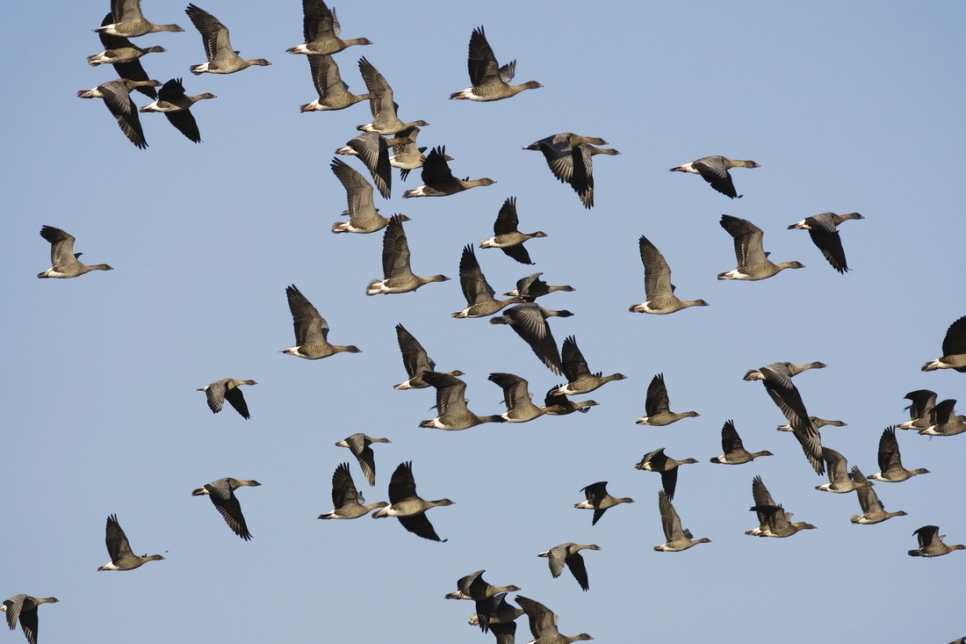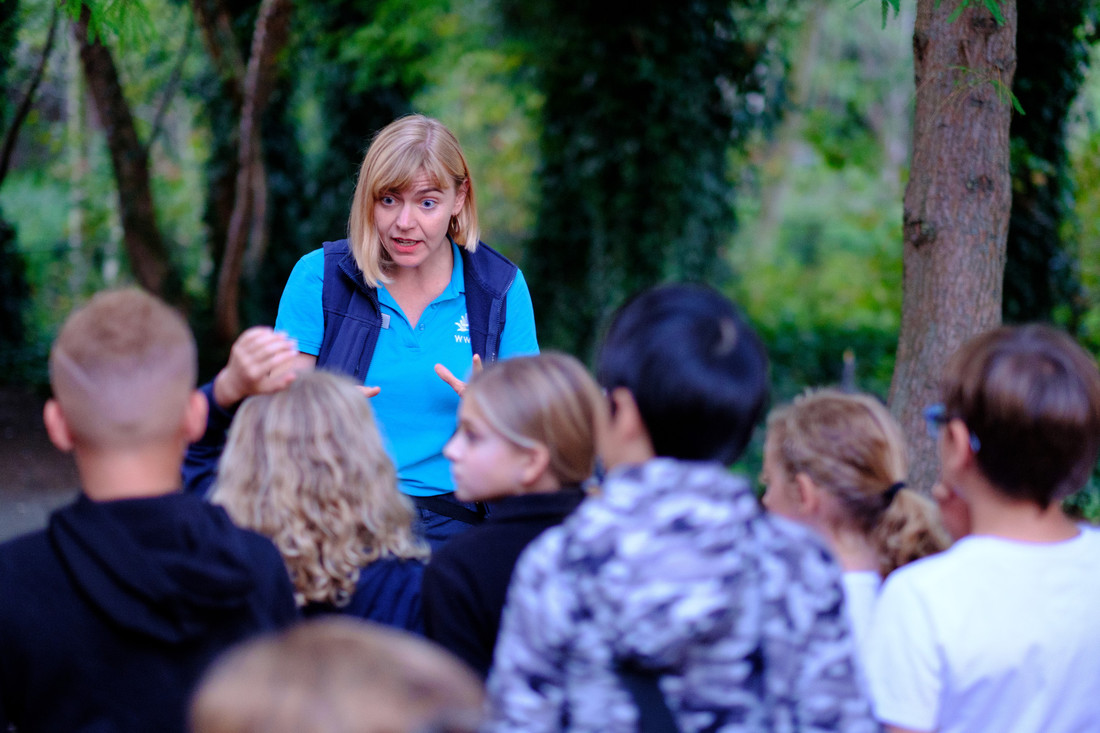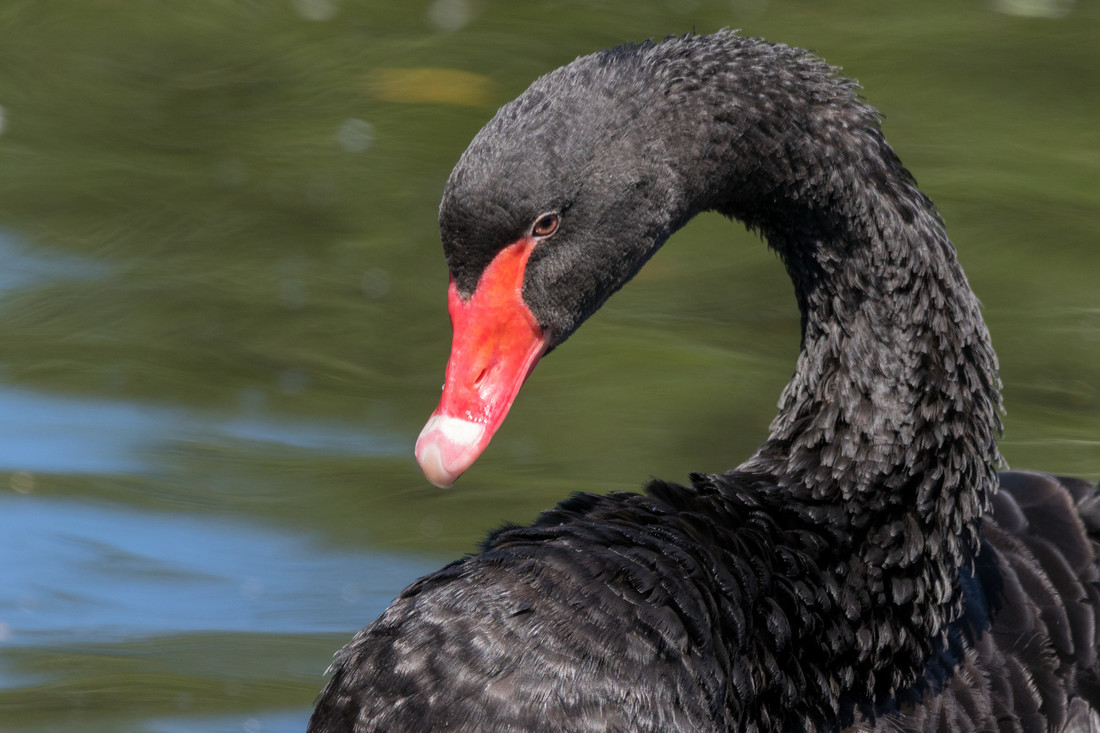Extremely rare breeding of pink-footed geese at WWT Martin Mere

WWT Martin Mere Wetland Centre in West Lancashire has seen a pair of wild pink-footed geese breed for the first time in the reserve’s recorded history.
The centre sees up to 40,000 pink-footed geese flock to our reserve each Autumn as they migrate to avoid the harsher winters in their homeland back in Iceland. The first flocks tend to arrive near the end of August or beginning of September.
Whilst most of these geese make the journey back home, a small number - just six - stay at WWT Martin Mere. These six stay due to injuries that are not obvious, but mean that they are unable to fly short distances.
In May, a pair of these geese started nest building near the centre’s Ron Barker hide, successfully breeding two goslings for the first time in history. This is a rarity for the UK as this species does not breed here; rather, it breeds in places like Iceland, Greenland, and Svalbard. In fact, according to records by the Rare Breeding Birds Panel, it is only the third confirmed breeding of wild pink-footed geese in the UK. The other two confirmed were in Cumbria and Highland in 2010.
The goslings, which take approximately 27 days to hatch and a further 52 days to fledge, fledged in early August and can still be spotted from the Ron Barker Hide.
Louise Greenwood, Reserve Manager at WWT Martin Mere, said: “Each year we welcome thousands of pink-footed geese to our reserve as they make the 500-mile journey from Iceland. Most use us as a stop-off point before heading down south for most of the winter. The species is iconic to Martin Mere, and one of the reasons that founder Sir Peter Scott decided to purchase the land and make it what it is today.
“We are already starting to see this year’s arrivals with two family flocks flying onto the mere at the end of August. Once the numbers get larger, they are an amazing spectacle to witness as they fill the sky each day at dawn to visit nearby farmer’s fields, before returning as the sun sets. We have a range of events on for anyone wanting to witness this, including Dawn Flights and our Late Night Opening, and our North West Bird Watching Festival”
North West Bird Watching Festival
Join us for a wildlife-filled weekend a this year's North West Bird Watching Festival.
There are guest speakers, exhibitors, workshops, bird ringing demonstrations and more!
19th & 20th October, find out more.



